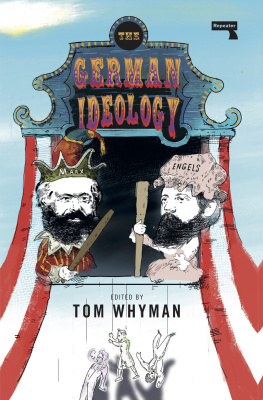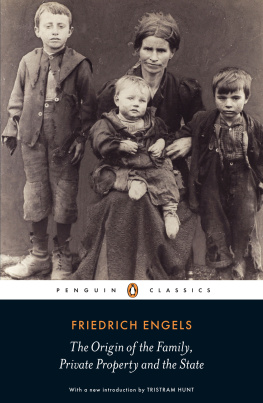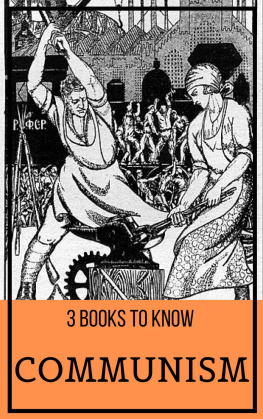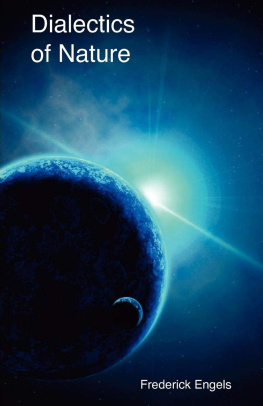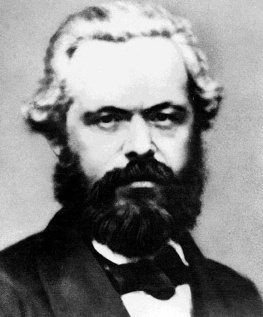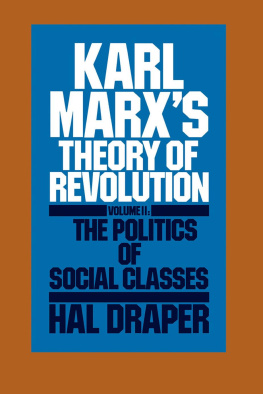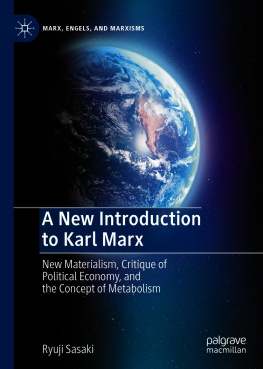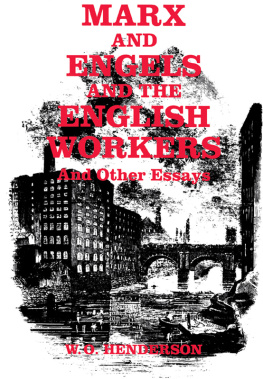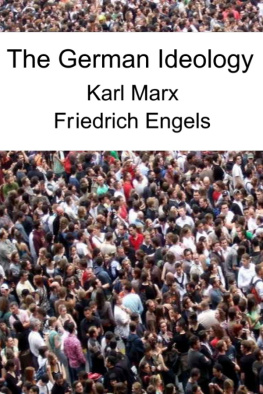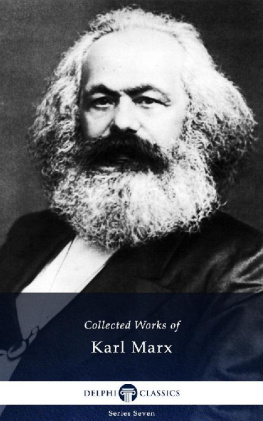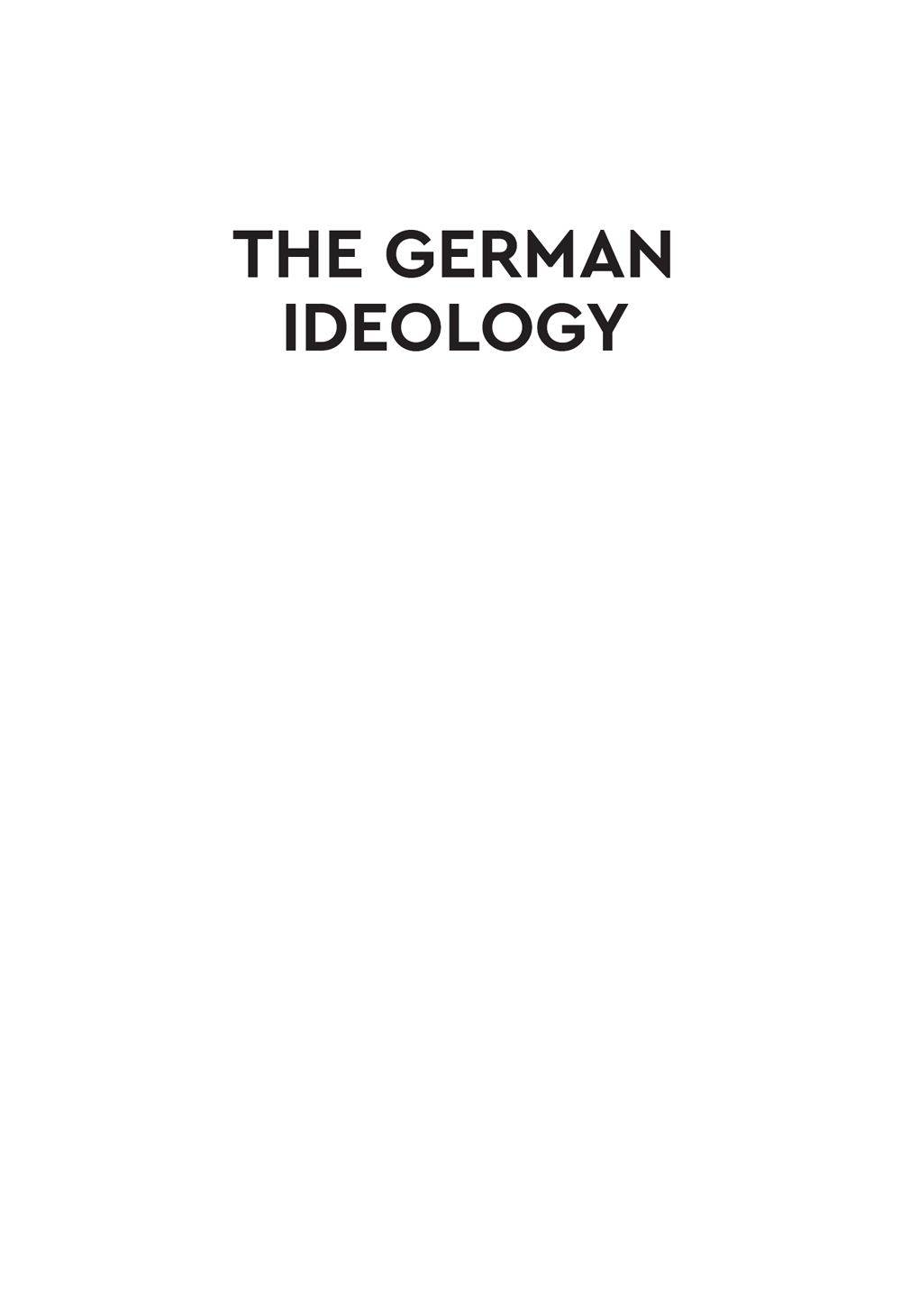Friedrich Engels - The German ideology : including Theses on Feuerbach and introduction to The critique of political economy
Here you can read online Friedrich Engels - The German ideology : including Theses on Feuerbach and introduction to The critique of political economy full text of the book (entire story) in english for free. Download pdf and epub, get meaning, cover and reviews about this ebook. year: 1998, publisher: Repeater Books, genre: Religion. Description of the work, (preface) as well as reviews are available. Best literature library LitArk.com created for fans of good reading and offers a wide selection of genres:
Romance novel
Science fiction
Adventure
Detective
Science
History
Home and family
Prose
Art
Politics
Computer
Non-fiction
Religion
Business
Children
Humor
Choose a favorite category and find really read worthwhile books. Enjoy immersion in the world of imagination, feel the emotions of the characters or learn something new for yourself, make an fascinating discovery.
- Book:The German ideology : including Theses on Feuerbach and introduction to The critique of political economy
- Author:
- Publisher:Repeater Books
- Genre:
- Year:1998
- Rating:5 / 5
- Favourites:Add to favourites
- Your mark:
The German ideology : including Theses on Feuerbach and introduction to The critique of political economy: summary, description and annotation
We offer to read an annotation, description, summary or preface (depends on what the author of the book "The German ideology : including Theses on Feuerbach and introduction to The critique of political economy" wrote himself). If you haven't found the necessary information about the book — write in the comments, we will try to find it.
A new abridgement of Marx and Engelss 1846 reckoning with the philosophical tradition, edited and with an introduction by philosopher Tom Whyman.
Edited and with an introduction by philosopher Tom Whyman, this new abridged version The German Ideology sheds new light on one of the most difficult, disputed texts in Marxs oeuvre.
Written in 1846 and subsequently abandoned by Marx and Engels, only to be rescued in the 1930s by researchers in the USSR, The German Ideology is the high point of Marxs philosophical thought: a brilliantly insightful, still thrillingly radical work of materialist philosophical therapy. Yet there remains no wholly satisfactory stand-alone version in English, with only a heavily abridged 1970 edition edited by C.J. Arthur, or a facsimile edition taken from Vol. 5 of the Marx-Engels Collected Works, which does not include satisfactory scholarly notes, currently available.
In this new Repeater Classics edition, Tom Whyman seeks to remedy this. By expanding on generally-available abridgements to include the bulk of the section on Max Stirner, as well as amending the translation, adding notes and providing a new critical introduction, this new edition of The German Ideology will allow non-specialists to engage with this critical work for the first time.
At a time when interest in Marxs work is increasing, as people look for an alternative to our currently failing political system, this new edition of The German Ideology will bring Marxs most substantial vision of what communism might actually be like to a whole new audience.
A much-needed popular edition of The German Ideology. Read this if you want to understand the explosive philosophy of Marx and Engels. --This text refers to the paperback edition.
Tom Whyman is a writer and philosopher from the UK. He has taught at the universities of Essex, Warwick, and Hull. His first book, Infinitely Full of Hope, was published by Repeater in 2021.
Friedrich Engels: author's other books
Who wrote The German ideology : including Theses on Feuerbach and introduction to The critique of political economy? Find out the surname, the name of the author of the book and a list of all author's works by series.

